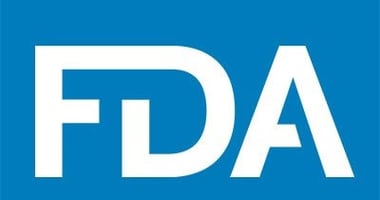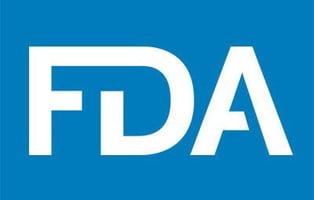Yesterday the Food and Drug Administration (FDA) approved Spravato (esketamine) nasal spray to be...
FDA Advisory Panel Gives Nod to Esketamine Nasal Spray, Paving Way for FDA Approval
 |
In a 14-2 vote with one abstention, the Psychopharmacologic Drug Advisory Committee and Drug Safety and Risk Management Advisory Committee concluded the benefits of esketamine outweigh the risks.
The committees’ vote on the safety and effectiveness of esketamine was based in part on the results of five phase 3 studies of esketamine in patients with treatment-resistant depression. As described in background materials made available on the FDA website ahead of the meeting, these studies included three short-term, double-blind, placebo-controlled studies; one randomized withdrawal maintenance-of-effect study; and one long-term, open-label safety study. To participate in these studies, patients were required to have failed at least two prior antidepressant trials at study entry. In each trial, patients were assigned to receive esketamine or placebo in addition to a newly initiated oral antidepressant.
According to the FDA briefing document, the evidence in support of esketamine’s effectiveness derives primarily from two positive phase 3 trials, which showed that treatment with esketamine nasal spray plus a newly initiated oral antidepressant was associated with rapid reduction of depressive symptoms and delayed time to relapse of symptoms of depression compared with placebo nasal spray plus a newly initiated antidepressant.
The safety profile of esketamine was evaluated in both short- and long-term trials, which concluded that the medication was generally tolerable in patients with treatment-resistant depression. The most common adverse events reported by patients in the trials included sedation, dissociation, and increases in blood pressure, with the symptoms most commonly presenting in the two hours following drug administration.
Because esketamine is a similar compound to ketamine—a drug known to be popular for recreational use for its ability to produce “out-of-body” experiences and hallucinations—some experts have expressed concerns about the risks of misuse and abuse. In briefing materials submitted by Janssen ahead of yesterday’s meeting, the company stated, “While the potential for abuse, misuse, and diversion exists for esketamine due to its similar pharmacologic profile to ketamine, no evidence of abuse, misuse, or overdose was observed in the esketamine development program with a [treatment-resistant depression] population (note, patients with moderate to severe substance use disorder were excluded from the studies), and possible diversion was minimal (<0.1% clinical supply kits unaccounted for in the Phase 3 studies).”
The FDA is proposing a Risk Evaluation and Mitigation Strategy (REMS) to ensure safe use of esketamine. “Among the key elements of the proposed REMS, esketamine administration would occur only in certain health care settings where the patient could be monitored for two hours after administration, the drug would not be dispensed directly to patients, and patients would be enrolled in a registry to better characterize the risks associated with esketamine administration,” the FDA briefing document noted.
Esketamine, an antagonist of the N-methyl-D-aspartate (NMDA) receptor, was first granted an FDA breakthrough therapy designation for treatment-resistant depression in 2013 and for major depressive disorder with risk of suicide in 2016. According to Janssen, the decision by the FDA on whether to approve the medication is expected by March 4.
For related information, see the American Journal of Psychiatry article “Efficacy and Safety of Intranasal Esketamine for the Rapid Reduction of Symptoms of Depression and Suicidality in Patients at Imminent Risk for Suicide: Results of a Double-Blind, Randomized, Placebo-Controlled Study.”
(Image: iStock/zoljo)






